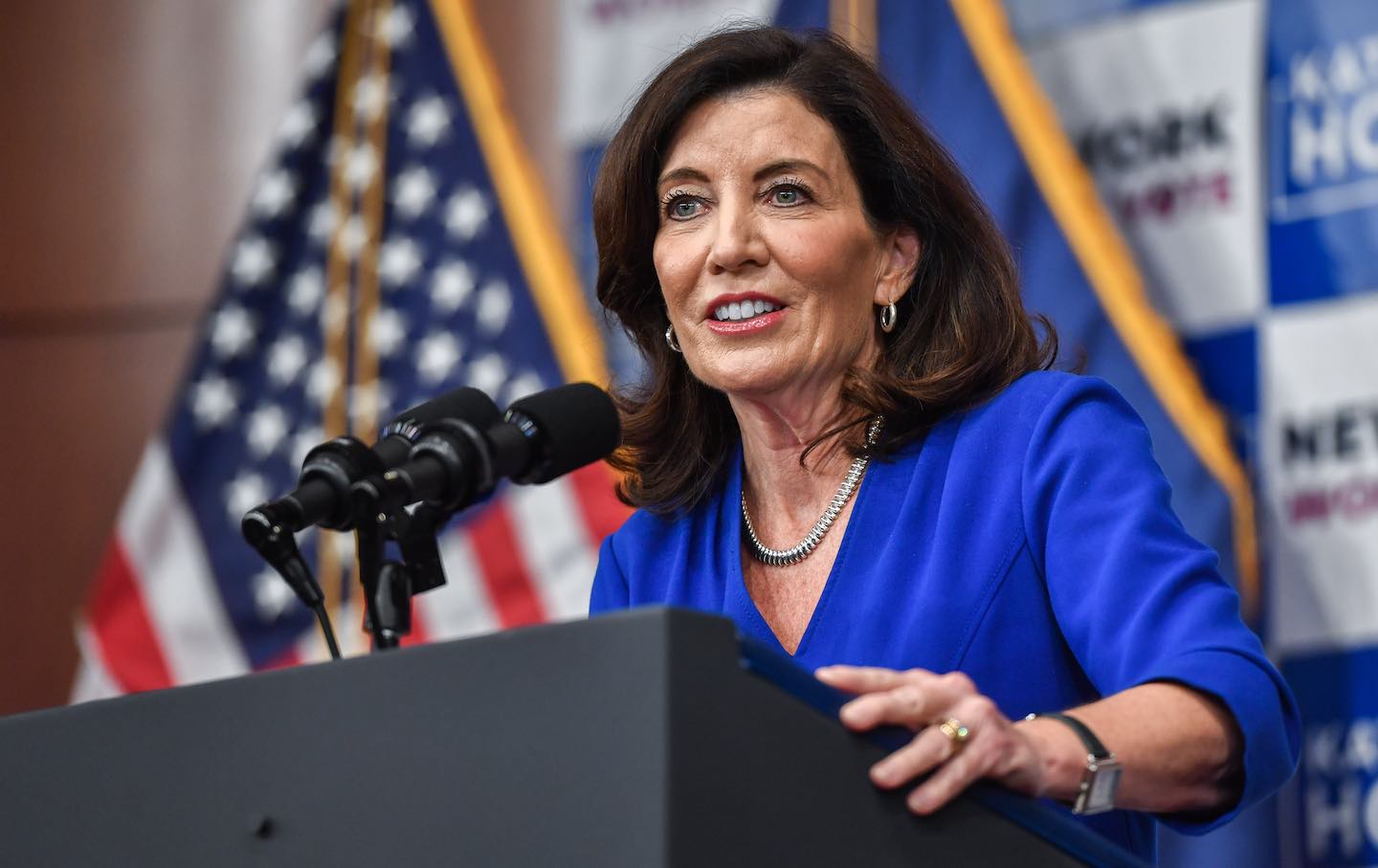
New York has enacted new legislation aimed at curbing the potential harms associated with social media usage among minors.
Governor Kathy Hochul signed the Stop Addictive Feeds Exploitation (SAFE) for Kids Act and the New York Child Data Protection Act. The former requires parental consent for minors under 18 to access “addictive feeds” — social media mechanisms driven by algorithms that suggest content. The latter limits how companies can collect and sell data related to minors, although it does not mandate age verification, and will take effect within a year.
States Leading the Way in Online Child Protection
The passage of these bills reflects a broader consensus among states to proactively regulate the internet landscape for children and teenagers, especially in the absence of federal legislation. While New York has taken a definitive stance with these laws, other states have introduced similar measures.
For instance, Florida Governor Ron DeSantis (R) enacted legislation in March requiring parental approval for children under 16 to create social media accounts. Similarly, in May, Maryland Governor Wes Moore (D) signed a broad privacy bill, including the Maryland Kids Code, which bans features like autoplay and excessive notifications designed to keep minors engaged on social media.
At the federal level, initiatives like the Kids Online Safety Act (KOSA) have been proposed to address similar concerns but have yet to advance to a vote, facing opposition over potential impacts on accessibility of resources for marginalized groups such as the LGBTQ+ community.
Main Features of the SAFE for Kids Act
The SAFE for Kids Act’s sponsors emphasized its goal to shield children’s mental health from the detrimental effects of addictive social media feeds and to prevent sleep disruption from late-night social media use.
Key provisions include:
- Algorithm Restrictions: Social media companies must obtain parental consent before using recommendation algorithms for users under 18.
- Notification Limits: Platforms are prohibited from sending notifications to minors between midnight and 6 AM without parental consent.
- Age Verification: The attorney general’s office will determine appropriate methods for age verification, excluding sole reliance on biometrics or government IDs.
- Enforcement Timeline: The law will be enforced 180 days after the attorney general’s rules are established, with fines of $5,000 per violation.
Despite the passage of these bills, similar efforts have faced judicial challenges. For example, a California court blocked the state’s Age-Appropriate Design Code last year, which was designed to protect children from harmful data practices. The court acknowledged the law’s importance but ruled it could suppress legal speech if applied to adults as well.
Industry’s Concerns About the SAFE for Kids Act
The SAFE for Kids Act is expected to face similar opposition. NetChoice, an industry group that challenged the California law, has already criticized the New York law as unconstitutional. Carl Szabo, NetChoice’s vice president and general counsel, argued that the law could inadvertently expose children to more harmful content by prioritizing recent posts on sensitive topics in a chronological feed.
Adam Kovacevich, CEO of the Chamber of Progress, a center-left tech industry group, echoed these concerns, warning that the SAFE for Kids Act might encounter constitutional hurdles regarding the regulation of content displayed by social media platforms. He argued that banning algorithms could make social media more harmful for teens. “It’s a well-intentioned effort, but it’s aimed at the wrong target,” Kovacevich said. “Algorithmic curation makes teenagers’ feeds healthier.”
Despite these concerns, Governor Hochul remains confident in the constitutionality of the measures.
Related News:
Featured Image courtesy of Anthony Behar/Sipa/Bloomberg via Getty Images
